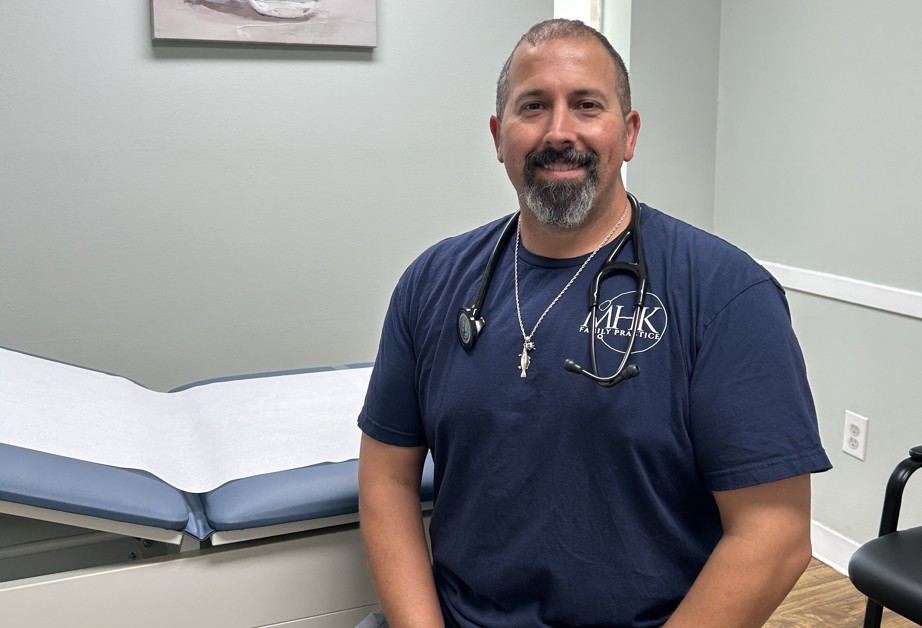Perilous heat: Area prep football teams don’t take chances with soaring temps
Published 5:15 am Saturday, July 26, 2025
The state of Texas is notorious for its hot summer temperatures. Sometimes, these temperatures may have near fatal consequences for young student-athletes.
Jarvis Spires, 17, is a football player for Cypress Springs High, about 30 outside of Houston. He became ill on July 5 and suffered a severe heatstroke during a private outdoor workout. After spending nine days in a medically induced coma, his condition worsened.
Spires began experiencing breathing difficulties and spiked a fever. Doctors discovered internal bleeding and performed emergency surgery. Spires was then placed back into a medically induced coma. He is still in a coma at the time of print.
Trending
Locally, Spires’ unfortunate episode comes as sobering news for others within the Texas high school football community.
“That’s heartbreaking to hear, prayers to that family,” said Tidehaven senior quarterback Kale Russell. “They do a good job of keeping us hydrated and have the fans on and stuff. We are well taken care of, but that is heartbreaking to hear.”
Despite the risk of training in the heat, players like Austin Pena, a senior wide receiver and defensive back for Ganado, remain undeterred.
“Besides drinking a bunch of water and eating a bunch, there’s nothing you can control, really,” Pena said. “It’s a possibility, but it’s a chance you’ve got to take. We’ve got to come out here and grind no matter what.”
Tidehaven special teams coordinator and outside linebackers coach Eddie Russell noted the entire Tigers staff takes the issue of heatstroke seriously. Not only is the staff aware of the danger, but they also take necessary precautions to minimize the possibility of players becoming ill during practice.
“Stuff is going to happen; there’s no way to prevent it 100 percent. But as a parent and as a coach, I think every program now does a really good job of limiting the risk,” Russell said. “When I played, you had a water break twice in practice, maybe. Now water is in every single station, and you don’t have to ask for water. If you want water, you get water. We take breaks, give them shade time, give them fans. We are all aware of it.”
Trending
Russell added that players can help take preventative measures themselves to improve the odds of training safely in the heat. The coach suggests that coming into camp in shape and practicing outdoors to get acclimated to the heat before camp starts, can be simple ways for players to reduce the risk of heatstroke.
In his years of coaching, Russell also noted that he has seen a change in football culture. Water breaks during training camp sessions were once seen as unmasculine. He stresses that attitude has become obsolete as heatstroke prevention has become more highly prioritized for football programs of all levels.
“That whole mindset that you’re weak if you go get water, or if you say you need a breather, those days are over. “The number one priority is the safety of the kids.”
If a player were to fall ill during a training camp workout, Russell said the Tidehaven staff understands proper protocol to assist in a possible heatstroke event.
“All of us as a staff are prepared for something like that. There would be no panic. We would strip him down, get him cooled off, get him to a shaded area, and call 911,” the coach added.
Robert Brewer is a sports reporter for the Victoria Advocate. You can reach him at robert.brewer@vicad.com.







